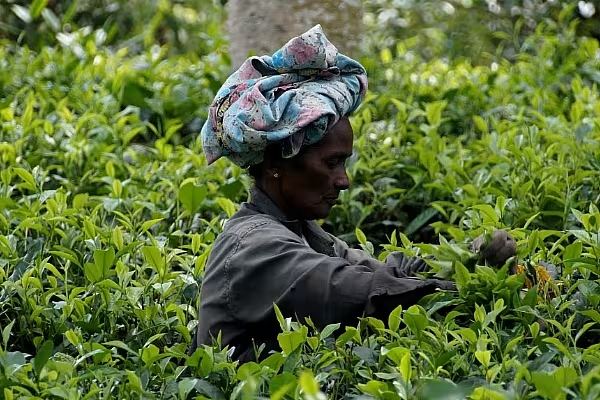Kenya plans to start purple, green and orthodox tea sales at its weekly auction to create a one-stop-shop for buyers from around the world, according to the East African Tea Traders Association.
Buyers and traders at the Mombasa auction have shown a lot of interest in a wider range of products, Managing Director Edward Mudibo said in an interview in the capital, Nairobi. EATTA, which conducts the sales, plans to start selling the varieties by the end of 2017.
“Why should a buyer be both in Kenya and Sri Lanka?” Mudibo said. “It makes sense to buy from one auction.”
Orthodox, which is popular in Russia, Iran and Western Europe, is made from black tea that’s processed by traditional methods of withering, rolling and oxidization, while regular black tea is manufactured through machines that crush, tear and curl the leaves.
Biggest Exporter
Kenya is the world’s biggest exporter of black tea and grew a record 473 million kilograms last year. While specialty teas accounted for less than 1 percent of that, state-run Tea Directorate expects 5 percent of overall output to be orthodox or green within the next three to five years.
Mudibo said Kenya should maintain output of black tea at current levels to avoid a price-hurting glut, and instead focus on expanding production of the better-priced green and orthodox types.
The market is willing to pay double for orthodox teas what it does for black leaves, Samuel Ogola, head of the government’s Tea Directorate, said in February. The average black tea price rose 3.4 percent to $2.74 per kilogram at the latest Mombasa sale.
The Kenya Tea Development Agency, the largest grower of the leaves, has three of its factories processing specialty teas and expects six more to do so in the next three years.
“We will see how the market responds,” KTDA Managing Director Lerionka Tiampati said in an interview.
News by Bloomberg, edited by ESM. Click subscribe to sign up to ESM: The European Supermarket Magazine.











